Letters from the trenches: A wartime solution to isolation
Like many young lovers separated during World War Two, my American grandparents narrated their entire romance over letters, from the beginning of their courtship in early 1944 to the Western Union telegram a year and a half later that simply read, “DARLING BE HOME BEFORE BREAKFAST LOVE GENE”.
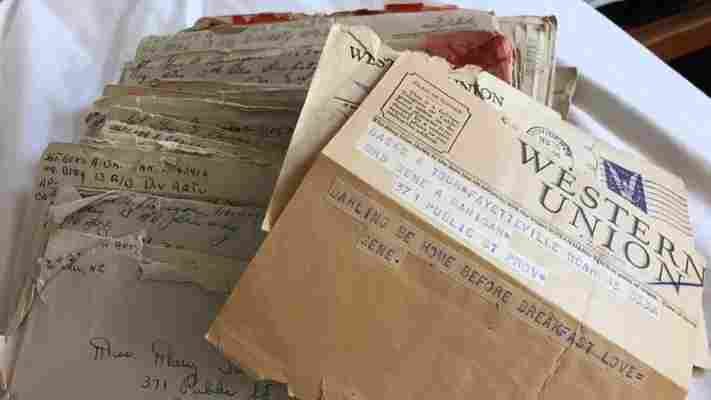
Although the letters my grandmother wrote to her future husband were lost to time, she kept my grandfather’s letters in her possession until her death in 2005. My cousin Brooke inherited the letters and kept them tucked away in a box for nearly 10 years. In 2014, Brooke also died. Soon thereafter, her mother sent the letters to me in Brooklyn. Over a span of half a century, the letters travelled across two countries and an ocean to reach me, and they have outlived many of the people I loved best in this world. It is not hyperbole to say that they are my most precious heirloom.

The writer’s grandparents narrated their entire romance over letters during World War Two (Credit: Melissa Banigan)
I wept the first time I read the letters. During the preceding decade, I had lost a number of family members and friends to illness and accident, and I myself had flirted with death after being bedridden in an intensive care unit with pneumonia and sepsis. It was during my subsequent period of convalescence that I pored over the letters. Despite having been forced to communicate under the dark cloud of war, my grandfather filled reams of stationery with humorous wartime anecdotes and messages of hope and love. His words were just the balm I needed to soothe my ailing spirit, and seeing his beautiful handwriting brought him back to life.
Five years have passed since I first read my grandfather’s letters, and I am once again housebound. This time, just like billions of other people around the world, I am under stay-at-home orders in an effort to contain the Covid-19 virus.
Social media is a ‘double-edged sword’
During the first week of my isolation, I read the news and scrolled through my social media feeds to see how my friends and family were faring. New York Governor Andrew Cuomo warned that the virus was moving through our state “faster than a bullet train”, and some of my friends started posting about loved ones who had died or who were on ventilators. My nerves were soon worn raw by the constant onslaught of harsh realities, terrifying statistics and misinformation. I turned once again to my grandfather’s letters not only for spiritual comfort, but also in an effort to decrease my rising levels of anxiety.
“Social media is a ‘double-edged sword’,” psychotherapist Roberta Borden Wilson told me. While it allows us to stay connected to the outside world, she explained, it also forces instantaneous communication, making it impossible for us to filter out negative posts. All this negativity can trigger our brains into releasing a cascade of stress hormones that raises blood pressure, increases anxiety and depression and also contributes to substance abuse issues and addiction.
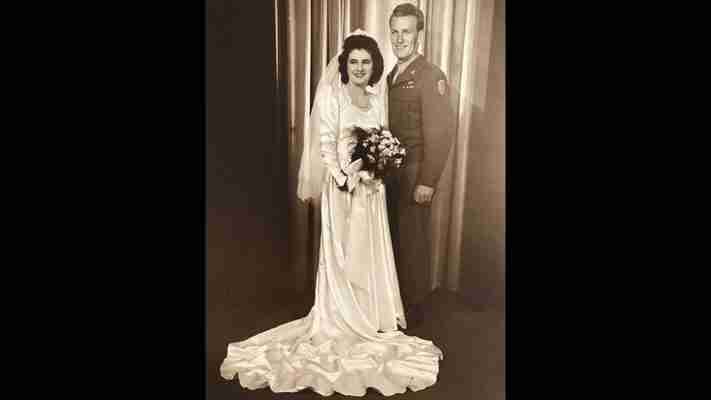
Mary and Eugene (Gene) Banigan were married on 29 August 1945 (Credit: Melissa Banigan)
“At a time when we want to stay as healthy and strong as possible, all of this added stress can impact our immune systems, making us more susceptible to a virus,” Borden Wilson warned.
Although I was fairly certain that social media was raising my blood pressure, reading my grandfather’s letters seemed to defuse a little of my anxiety. The world melted away as I read these few lines, written mid-1945 in Joigny, France, when he was just 22 years old.
“My Dearest Darling Mary. As I lay here on my bunk, I gaze every once in a while out my window, which overlooks a broad field with a canal and river running through it. At present it looks so peaceful that one would never realize that one year ago a war was fought on this land. The grass is green and the trees in the surrounding forest are tall and strong. The evening sunset casts a glow over the pale blue sky. The little path by the canal was made for lovers, for people like you and I.”
I asked Borden Wilson if there was really something to the feelings of peacefulness and calm I experienced while reading my grandfather’s words – was the act of reading and writing letters all that different from writing social media posts?
Their letters, which have become treasured family heirlooms, are filled with messages of hope and love (Credit: Melissa Banigan)
“Absolutely,” she replied. “Writing letters engages practices that we consider within psychotherapy to be mindfulness. When we put pen to paper, we have a tendency to be more reflective and insightful and sensitive about what we write. The process makes us want to be the very best versions of ourselves. Writing letters uplifts others and we avoid the sort of negative ‘word vomit’ we see in social media.”
You may also be interested in: • Can we travel without travelling? • The German word for an ache to travel • What can we learn from 'kind' nations?
My grandfather was a sergeant with the US Army, a parachutist who leaped into the sky from airplanes over France’s battlefields. His friends had been deployed far and wide, scattered like seeds across the Pacific Asian and European theatres, and my grandfather didn’t know if he would ever make it home to his sweetheart. Yet his wartime letters overflowed with youthful idealism and love-sick hopes for the future:
“I love you so much that I’m really tied up. I want to make plans with you. Some day if all my dreams come true I’ll want to ask you to be my wife.”
Writing wartime letters wasn’t particular to World War Two. A couple of years ago, I visited the Verdun Memorial , a museum in north-eastern France that commemorates the horrifically bloody Battle of Verdun that took place towards the end of World War One. Situated in the bucolic countryside on what was once a battlefield, the museum is replete with displays filled with rifles, uniforms and field artillery. Yet the objects that struck me most were the personal effects soldiers had carried close to their hearts and the letters they had written to their loved ones from the trenches.
When we put pen to paper, we have a tendency to be more reflective and insightful
I spoke with Nicolas Czubak, learning resource manager at the Verdun Museum, about these remarkable letters. Regardless of their origin or social class, “all soldiers and their families were confronted with the same terrible reality of war. Yet optimism, hope for life and even humour are found in these writings,” Czubak said. Penning letters was a way for soldiers to “show that they could do something with their hands other than killing men. It helped the men,” said Czubak, “get away from the horror of war.”
Czubak believes that wartime letters can teach us patience and give us the confidence and hope necessary to endure the worst of circumstances. “We are currently facing a serious threat,” he said, “but we must keep our cool and the [potential] impacts must be put into perspective given the ordeal societies went through during the First and Second World Wars.”
The writer as a baby with her grandparents in 1976 (Credit: Melissa Banigan)
Similar to Borden Wilson, Czubak believes that the act of writing a letter enables a person to thoughtfully convey their thoughts to others. “By writing letters, you take the time to step back and think. You don’t react to the moment, which helps to prevent the spread of panic and fake news.”
Re-reading my grandfather’s letters clarified all the things I was missing from my interactions on social media. My grandfather was remembered by many people as a difficult man, but his letters showed his generosity and humility. He strove to be better, without needing to be the best. And he practiced the advice many great writers give to their mentees: show, don’t tell.
My grandfather showed his future wife the world through his eyes. He gave her sunsets, and his words painted canals, wide open fields, trees reaching into the clear, blue sky. His descriptions enabled my grandmother to hold his world – idealised and ready to burst forth like a flower from a bud – in the palms of her hands.
American infantryman and historian Paul Fussell said the following about letters written during World War Two, and his thoughts are just as salient today: “Letters were a great comfort. And the mail was indispensable. We couldn’t have won the war without it. It was terribly important as a motivator of the troops. Mail call whenever it happened it was a delight.”
By writing letters, you take the time to step back and think
My grandfather’s wartime letters have inspired me to write letters of my own. Like his letters, mine offer nothing educational, nothing too smart. They are simply a way to help me stay connected to my family and friends during a dark moment in our collective human history, and they serve to quiet the cacophony produced via digital communications. Social media seems akin to the fear of God: it is everywhere; it is pervasive; and it stifles any love we might feel. Letters, however, encapsulate a moment, immortalising forever the slices of life that make us the most human. It is in these small moments that I feel closest to my fellow humans and feel the spark of the divine.
Writing letters is a way to stay connected to family and friends during the current health crisis (Credit: Melissa Banigan)
What are the things I hope future generations will learn about these difficult times? Some doctors and politicians compare treating the virus to fighting an invisible enemy , and I’ve wondered how my grandparents might have responded to the recent statement made by UN Secretary-General António Guterres, who said that the health crisis is the greatest challenge for the world since World War Two. Having spent so much time reading my grandfather’s wartime letters, I suspect they might have written about the budding love they felt for each other, and then used that love to bolster themselves during their daily lives, no matter what lay ahead.
I don’t have all the answers, but I hope future generations will remember the myriad ways people held each other up, rather than how they smartly held each other accountable on social media. With this thought in mind, my handwritten letters serve only to momentarily disrupt the gravitas of the illness and death filling our world with silly stories, descriptions of what I’m making for dinner and narratives of the remarkable world I see through my window. I look forward to the day when I can mark the end of the coronavirus crisis by sending a letter similar to my grandfather’s telegram: "DARLING BE HOME BEFORE BREAKFAST”.
For now, letters like the one I sent this morning to my mother and stepfather will have to suffice:
“Dear Mama and Alan, I’ve taken to staring out of my window at the Verrazzano Bridge, which spans the Narrows, a wide tidal straight separating my neighborhood in Brooklyn with Staten Island. I imagine that this letter is also a bridge, allowing my words to span the space between my small apartment to your living room in Rhode Island.”
Join more than three million BBC Travel fans by liking us on Facebook , or follow us on Twitter and Instagram .
If you liked this story, sign up for the weekly bbc.com features newsletter called "The Essential List". A handpicked selection of stories from BBC Future, Culture, Worklife and Travel, delivered to your inbox every Friday.

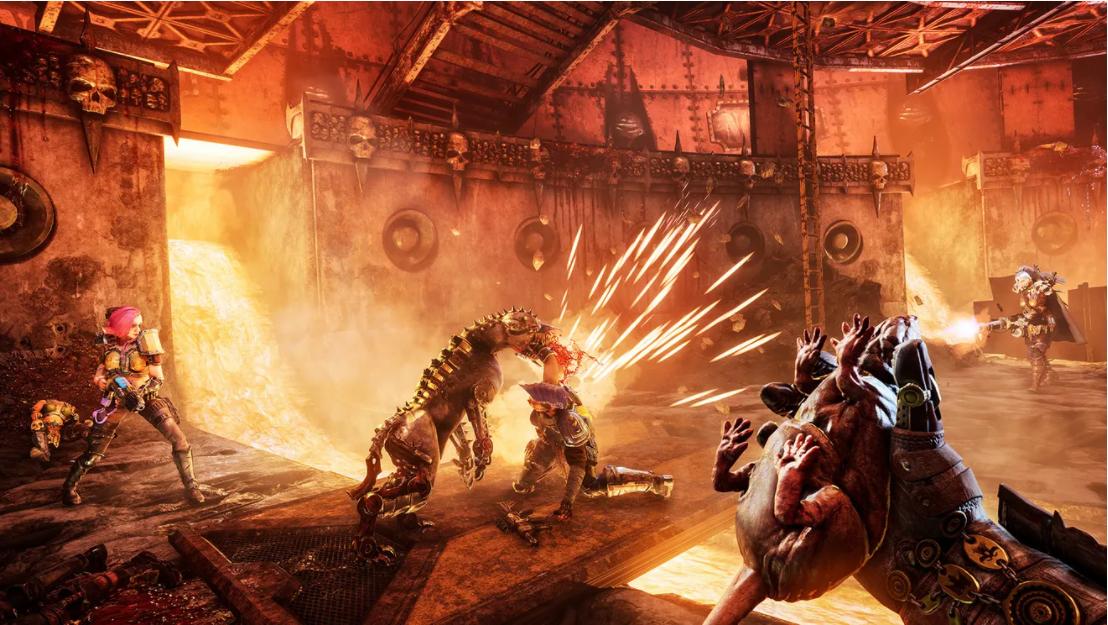
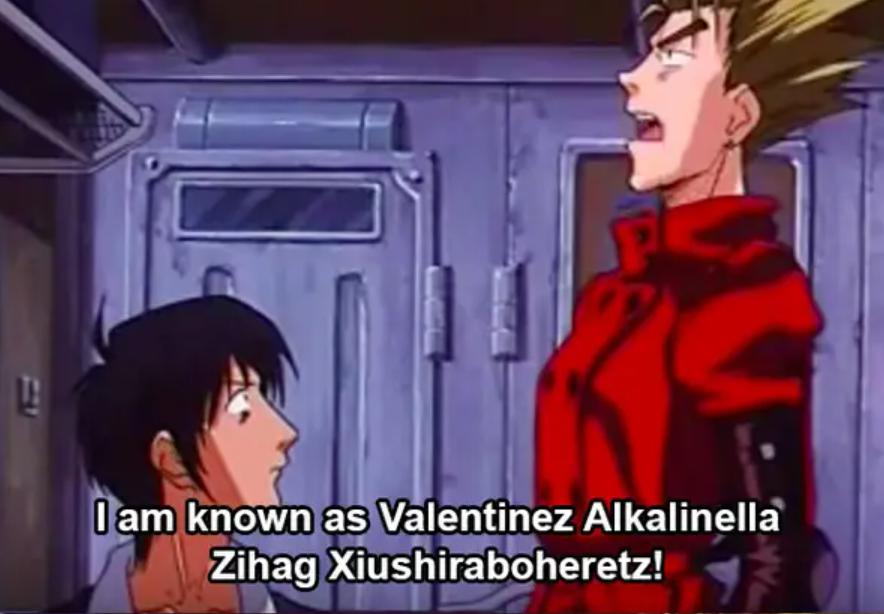


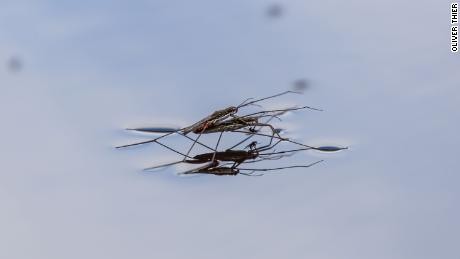
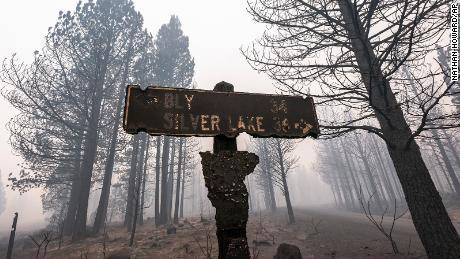
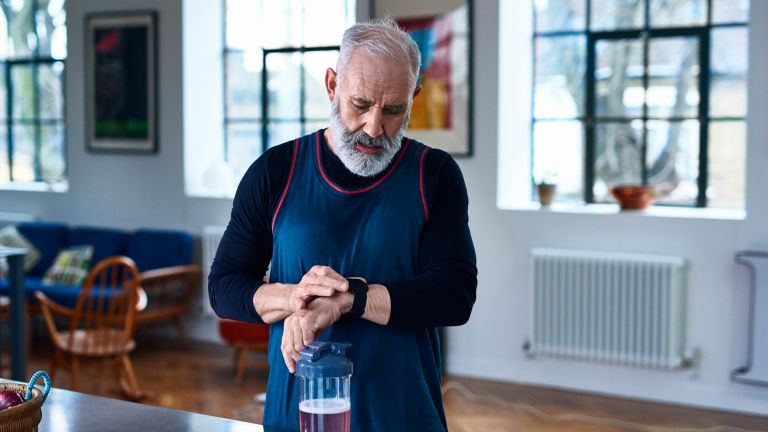




Write a Comment